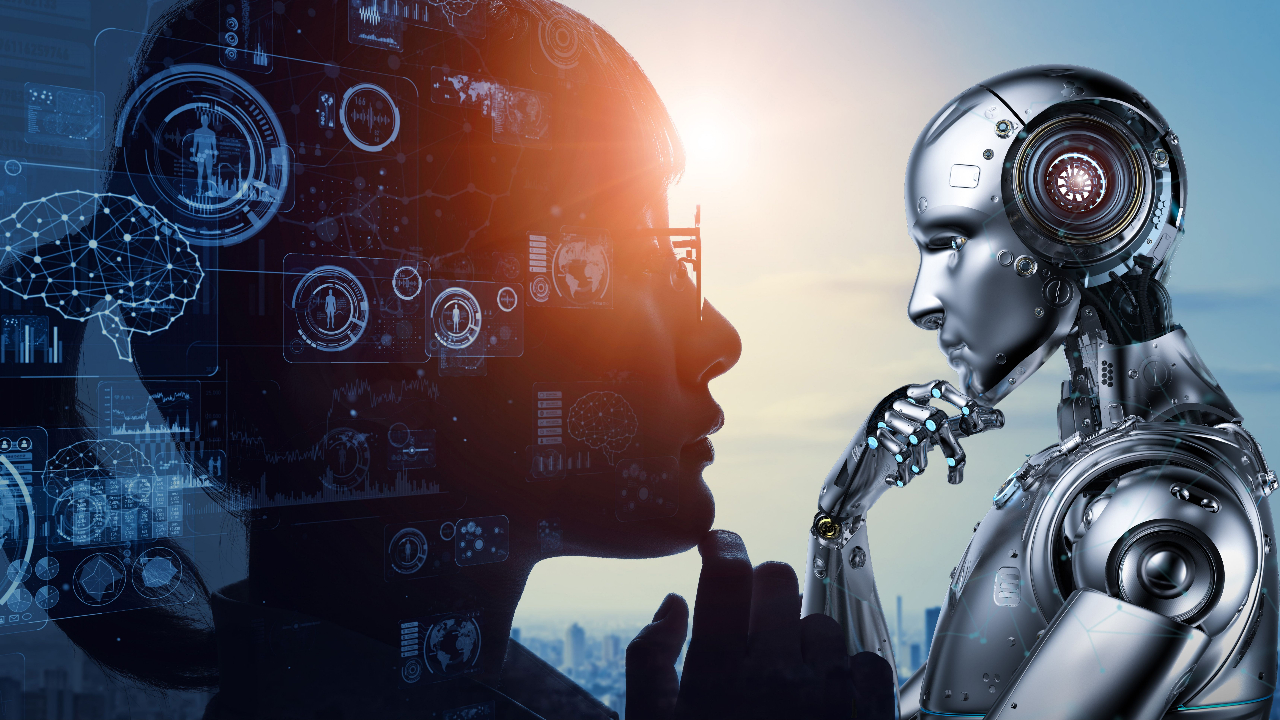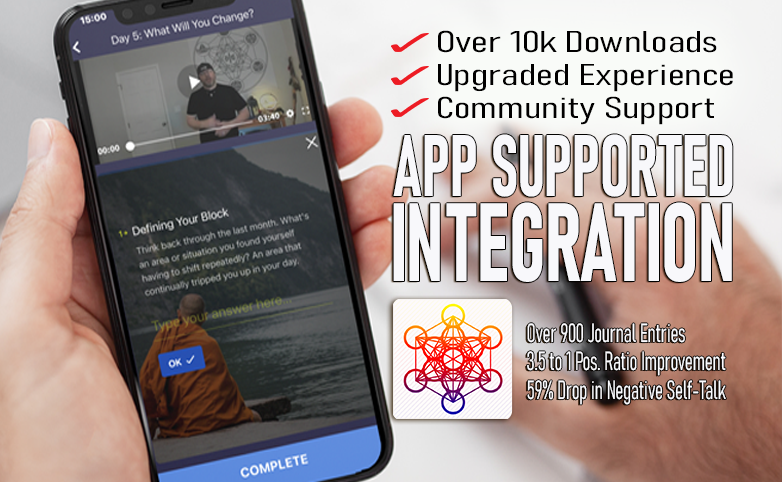The Dangers of AI—and What It Teaches Us About Consciousness

We’re entering an era where our greatest threat may not be the rise of artificial intelligence—but the decline of real intelligence.
A recent pre-print study from MIT's Media Lab, covered by Time, measured brain activity of 54 participants as they composed SAT-style essays—either unaided, using Google, or with ChatGPT assistance. The findings were stark:
-
Those who began with ChatGPT showed the lowest neural engagement—weaker connectivity in alpha and beta bands, diminished executive function, and creativity.
-
Even after switching to writing by themselves later, ChatGPT-first users continued to display under-engagement and struggled to recall passages they’d written.
-
Conversely, the brain-only cohort showed strongest neural connectivity, better memory recall, and greater ownership over their words.
 What does this mean? Offloading our thinking—even temporarily—may initiate a kind of cognitive debt, where brain regions that underpin creativity, memory, and insight begin to deteriorate.
What does this mean? Offloading our thinking—even temporarily—may initiate a kind of cognitive debt, where brain regions that underpin creativity, memory, and insight begin to deteriorate.
Cognitive Atrophy: The Mind’s Forgotten Muscle
Just as muscles atrophy when unused, cognitive atrophy occurs when we cease to challenge our minds.
If we outsource thinking—to AI, Google, institutions—before we’ve asked the right questions ourselves, we miss the “inner friction” that births original thought. The neural pathways for deep reflection, pattern recognition, and insight begin to conserve energy, not expand .
The result? A mind that's efficient—but disconnected from itself.
Surviving vs. Thriving: The Crucible of Consciousness
In our depth-work circles, we often see a familiar pattern: people survive their thoughts—willing to tread water—rather than wrestle with them.
This mirrors the neural findings: when we reach for instant answers, dopamine hits, or ephemeral answers, we deactivate the deeper circuits that birth creation.
But when we choose to sit within the question, to breathe and face uncertainty, something shifts. We reconnect with the will to know, not just to solve. We begin to foster the spiritual muscle AI tempts us to bypass.
The Hidden Depths We’re Forestalling
Consider this: what if our minds have already atrophied in unseen ways?
If deep connectivity is at the root of intuition, pattern-finding, and meaning-making—and if AI use weakens that—then our highest-level faculties may be slipping beneath us. AI isn't making us dumb; it's exposing how little we've been thinking for ourselves.
And it’s giving us better, faster paths to remain shallow.
Why AI Can’t Replace the Soul of Thinking
In the classroom, essay evaluations of AI-generated writing consistently note it feels “robotic,” “soulless,” “formulaic.” Creativity is being finessed—but not inhabited.
Only a consciousness willing to suffer for understanding can produce real meaning—something AI can format, but never feel.
As MIT’s researcher Nataliya Kosmyna emphasizes, this study should sound an alarm—not just in education, but in our collective approach to thinking itself.
Survive or Thrive—There Is a Choice
There’s a line in the sand—but it isn’t drawn between mind and machine. It’s drawn in how we use them.
-
Survivors reach for AI first, in search of efficiency.
-
Creators reach for AI last, after they've tested their own thinking.
Use AI prematurely and it sedates; use it wisely and it multiplies. One path erodes the neural terrain of reflection; the other deepens it.
Use AI—But Don’t Let It Use You
The real revolution isn’t avoiding AI. It’s evolving consciousness, alongside it.
-
Think first. Wrestle with your question.
-
Struggle. Sit in uncertainty.
-
Reflect. Articulate from your depth.
-
Then bring AI in—to refine, amplify, test.
Because AI can generate intelligence. And yes—that’s powerful. But it can never grow it the way our own minds do.
The Future of Intelligence: Commodity or Consciousness?
With AI, intelligence becomes on-demand, mass-produced, comparable to electricity or ink.
-
We won't grow it— we'll print it.
-
We won't forge it—we'll generate it.
Nothing wrong with that—except that the sacredness of intelligence lies in its cultivation, through presence, focus, and deep reflection.
So the question isn’t:
“How can I use AI?”
It’s:
“What kind of mind do I want to be, while the world automates around me?”
When intelligence is cheap, what becomes rare, sacred, divine — is the human who thinks deeply, lives meaningfully, and creates from their soul.
In a world where machines can mirror thought, only depth can reveal wisdom.
Insights and tips delivered to your inbox every week.
No spam. Just helpful tips to make you more productive.




